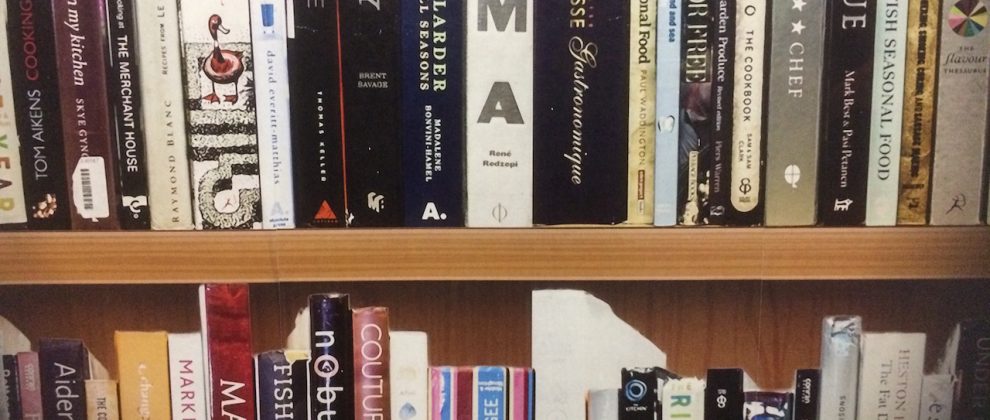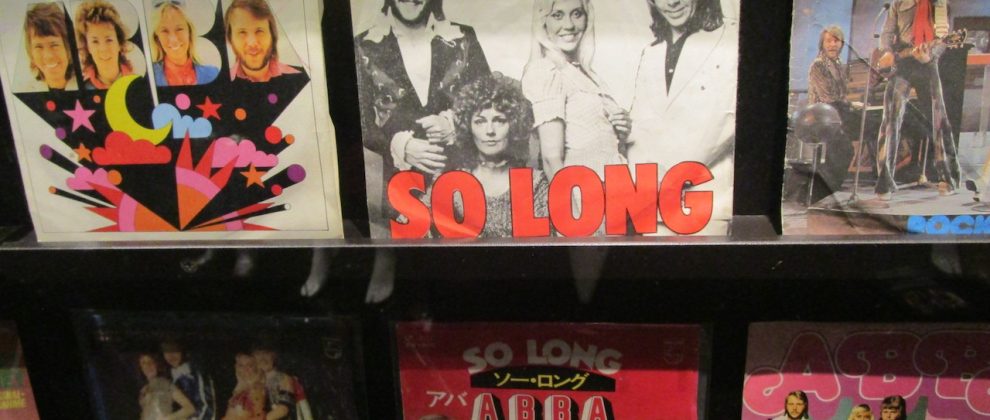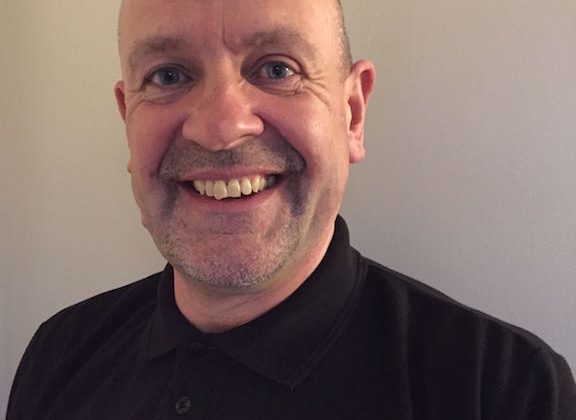I was reading an interview with Danny Baker last week.
You may remember him as the man from those Eighties TV ads for Ariel, the hungover wingman to Chris Evan’s Britpop benders in the Nineties or the first one voted off last year’s I’m A Celebrity.
But, back in the summer of ’76, he was one of the Depford punk-rock gunslingers behind the legendary punk fanzine Sniffin’ Glue. No, really.
And he had a motto for his early reviews of The Sex Pistols and The Clash, notes scribbled under a hail of spit and stale beer down the front of the moshpit.
“Sometimes right, sometimes wrong; always certain.”
Could we all learn from Baker’s juvenile chutzpah?
Here’s the issue: when it comes to writing reviews, it’s easy to be dull. Reviews are, essentially, a form of features in style yet it’s a format many even experienced writers struggle with.
Try this one, a review of the new Titanic hotel by the Belfast-born writer Glenn Paterson — a writer I admire.
Does it inform? Does it entertain?
Reviewers tread a fine line between information and entertainment. After all, most people reading reviews have no intention to ever buy the album/ see the film/ eat at the restaurant.
It’s a vicarious pleasure.
And the writers that tend to stand out are the ones with a distinctive voice, as well as in-depth knowledge of their specialist subject.
Think the late A.A. Gill of Sunday Times restaurant reviews fame, or Charles Spencer’s description of Nicole Kidman in The Blue Room as “pure theatrical Viagra” in a 1998 Daily Telegraph theatre review.
Gill died of cancer last year and, indeed the critics generally are dying off in the face of celebrity bloggers.
The media commentator Peter Preston laments this in today’s Observer. He writes:
“I think that, in small but important ways, critics help civilise journalism.”
This month at #WriteHereWriteNow we will consider the art of the critic.
Before the meeting on October 26, let’s try to write a 150-word review of something — a TV programme, a film, a new CD etc.
Can you channel a youthful Danny Baker to establish your voice?
Be right, or be wrong; be always be certain.
Liked this? Try also How to make the most of direct speech
Questions? Follow me on Twitter and DM me, or sign up for my newsletter.



